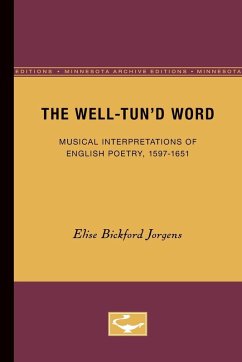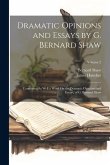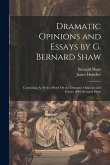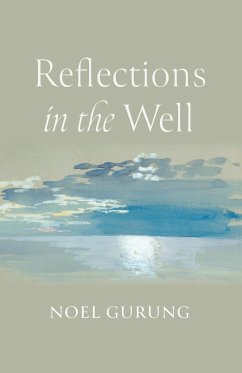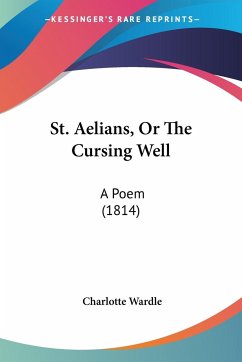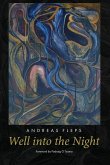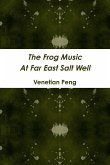The Well-Tun'd Word was first published in 1982. Minnesota Archive Editions uses digital technology to make long-unavailable books once again accessible, and are published unaltered from the original University of Minnesota Press editions. The years 1957-1651 marked a period of high achievement in the history of song. In The Well-Tun'd Word Elise Bickford Jorgens studies changing musical conventions of English song in relation to new patterns in poetic taste from the late Elizabethan era through the Jacobean and Caroline years, basing her work on the premise that any musical setting of a poem is an interpretation of the poem itself. Thus by 1625, she contends, solo song in England had undergone a pronounced change in musical style, from the lute song of earlier decades to the monophonic continuo song. The appearance of John Donne and especially Ben Johnson and the Cavalier poets marked the demise of the Elizabethan lyrical mode that had inspired composers like John Downland, Thomas Campion, John Danyel, and Robert Jones. Jorgen's opening chapters describe and illustrate elements of the craft of poetry and the musical conventions that can represent them. Her presentation is both clear and thorough, and will be especially helpful for students and scholars of English literature who are not necessarily musicians. She then discusses four major categories of song: Measured Music, Dance Songs and Tuneful Airs, English Monody, and Pathetic Airs, and notes that influence upon them of Continental music styles. But her major effort is to distinguish between them by pointing out their several characteristic attitudes towards the musical representation of poetic texts. All four groups show patterns of change during the first half of the seventeenth century. Jorgens concludes that the celebrated union of the "sister arts" for which Elizabethan song was renowned was increasingly difficult to maintain after about 1610. Poets no longer favored those elements of poetic style that could in turn produce pleasing musical styles. Solo songs became, with continuo composers like Henry and William Lawes, Nicholas Lanier, and John Wilson, either notated recitations of poetry or simple pleasant trifles.
Hinweis: Dieser Artikel kann nur an eine deutsche Lieferadresse ausgeliefert werden.
Hinweis: Dieser Artikel kann nur an eine deutsche Lieferadresse ausgeliefert werden.

